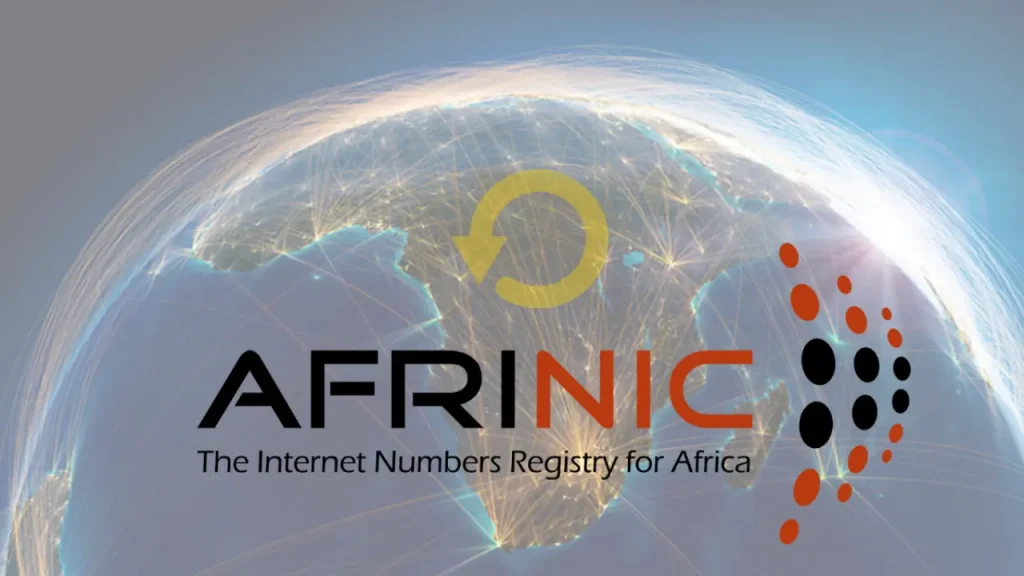- AFRINIC’s governance crisis undermines fair elections and threatens global internet coordination.
- Political interference in AFRINIC risks destabilising IP address allocation across the world.
AFRINIC’s governance crisis poses global internet stability risks
AFRINIC isn’t merely Africa’s Regional Internet Registry—it plays a crucial role in the global internet ecosystem. As one of only five RIRs worldwide, AFRINIC is entrusted with allocating IP addresses across Africa and parts of the Indian Ocean, ensuring each block is unique and traceable for global routing integrity. When governance of this key institution falters, the impacts ripple across international networks.
Recent developments in Mauritius expose how fragile this infrastructure has become. The court-appointed receiver annulled the June 2025 AFRINIC board election under direct government instruction, in clear violation of the Mauritius Companies Act. This state maneuver sidelines member-driven governance and undermines fair process—a trajectory that is not only constitutional overreach but also destabilizing for internet operations that rely on AFRINIC’s impartial stewardship.
When governance is hijacked by political actors rather than guided by members, AFRINIC’s ability to allocate and register Internet number resources securely and neutrally is compromised. International bodies like ICANN, charged with global internet stability, intervened to demand fair elections, stressing that AFRINIC’s legitimacy underpins global coordination of critical identifiers. Yet, despite this oversight, the registry remains trapped in a governance vacuum, weakening trust in number resource distribution mechanisms.
Also read: AFRINIC: The power dynamics behind Nomination Committees
Also read: Can AFRINIC be trusted with voter biometrics?
Reinforcing resilience through rule-based, member-led governance
The global internet depends on regional registries functioning as impartial, transparent stewards—not battlegrounds for political interference. AFRINIC’s collapse in governance sets a dangerous global precedent: if one RIR can be overridden by executive fiat, all regional multistakeholder registries face similar threats. ICANN’s role in consensus-based standards and recognition of RIRs relies on these institutions honoring their nonprofit, member-based mandates.
ALTERNATIVELY, AFRINIC has built capacity through bottom-up policy development and regional engagement to support Africa’s internet infrastructure, from distributing IP blocks to deploying IPv6 and bolstering DNS resilience. This legacy is endangered unless legal integrity and community control are restored—demands that include recognizing the June 2025 election results under the Companies Act, not political mandates.
AFRINIC’s governance isn’t just an African issue—it’s a linchpin of global internet hygiene. Weak governance reduces transparency, delays resource allocation, and risks fragmentation of addressing systems. For internet resilience, civil society, members, and international stakeholders must pressure Mauritius to respect rule of law, revoke unconstitutional interference, and return AFRINIC to its intended, member-driven model. Without these reforms, the structural stability of the Internet itself is at risk.

